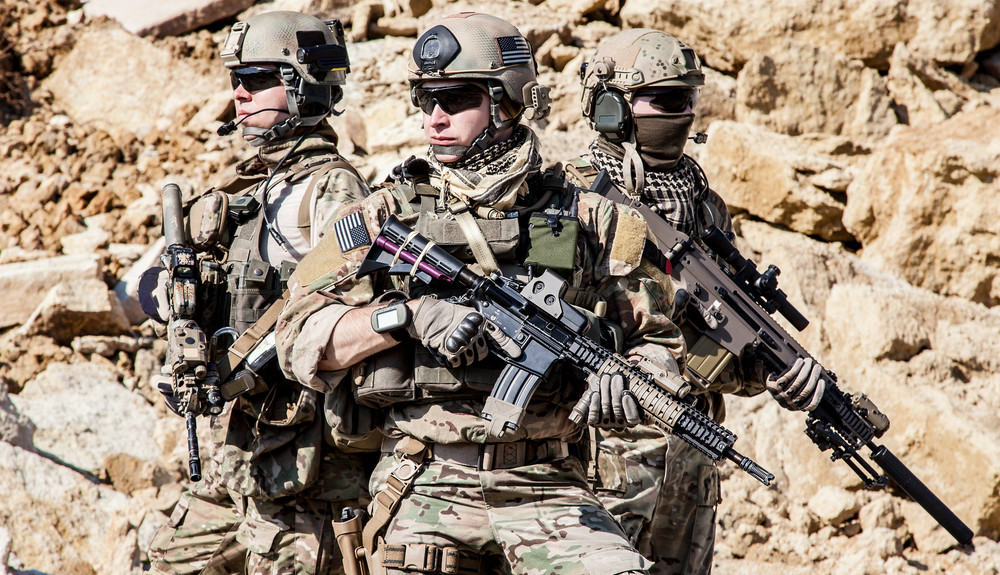You’d think that when a bunch of United States Special Forces soldiers asked their commanders what to do while they were “assisting” local troops in fighting the Taliban and retaking the city of Kunduz in Afghanistan last year, they’d get a response.
Like what do we do now? How far can we go in combatting these extremists? Where’s the line?
You’d think in one of the most dangerous places in the world, these elite American military members would get the support and answers they needed to not only do their job, but to stay safe.
According to a recently declassified, heavily redacted DoD report though? Witnesses say that the soldiers didn’t get anything. They got nothing.
Nada. Zilch. Radio silence.
Unfortunately, it’s very reminiscent of what just happened this month when a U.S. Navy SEAL was killed by ISIS in Iraq. As advisors rather than straight up “boots on the ground” (even though that’s precisely what they are) it becomes extremely difficult for these well-trained military members to discern just how involved they can get in a fight. They can help, but as you know, that word often lends itself to vagueness and in this case? A potentially deadly dilemma.
More from Reuters:
But the 700-page report, much of it blacked out for security reasons, sheds light on how the rules are not fully understood, even by some troops on the ground, compromising the mission to stabilize the nation and defeat a worsening Islamist insurgency.
The issues exposed in the report are likely to be considered by the new U.S. commander in Afghanistan, General John Nicholson, as he prepares to makes recommendations in the coming weeks that may clarify or expand the level of combat support the U.S.-led training mission can provide.
“It’s not a strategy and, in fact, it’s a recipe for disaster in that kind of kinetic environment,” said the soldier, who, like others in the report, was not identified.
He added that his unit, whose role was to advise and assist Afghan forces without engaging in combat, asked three times for commanders to clarify the rules governing their mission.
“Sadly, the only sounds audible were the sounds of crickets … though those were hard to hear over the gunfire.”
To no one’s surprise, some responsible for eliminating such confusion abroad militarily have come out and denied that the problem exists … anymore. U.S. military spokesman Brigadier General Charles Cleveland is one of them. He reports that thousands of troops have been given clarification regarding just where rules of engagement begin and end in these blurry advisor roles.
They admit, however, that the situation — especially in Afghanistan (but clearly Iraq too) — is very, very “complex”, something the partially censored report backs up. What it also backs up, though, is that what may seem black and white and explicit in theory can many times fall apart on the ground. And in the regions where the fight to halt terror in its tracks is currently taking place, risk can lead to unspeakable things. Things that were never part of the plan from high above.




































